Dialiptin M 500 |Tablet | 7 pcs
৳ 126.00
Brand Name: Dialiptin-M Tablet
Generic: Vildagliptin + Metformin Hydrochloride
50 mg+500 mg
Manufacturer: Drug International Ltd.
Unit Price: ৳ 18.00 (14’s pack: ৳ 252.00)
Indications
Therapeutic Class
Pharmacology
Vildagliptin acts primarily by inhibiting DPP-4 (Dipeptidyl peptidase-4), the enzyme responsible for the degradation of the incretin hormones GLP-1 (glucagon-like peptide-1) and GIP (glucose-dependent insulinotropic polypeptide). The administration of Vildagliptin results in a rapid and complete inhibition of DPP-4 activity resulting in increased fasting and postprandial endogenous levels of the incretin hormones GLP-1 and GIP. By increasing the endogenous levels of these incretin hormones, Vildagliptin increases insulin secretion from the pancreatic beta cell and decreases glucagon secretion from alpha cell. The enhanced increase in the insulin/glucagon ratio during hyperglycaemia due to increased incretin hormone levels results in a decrease in fasting and postprandial hepatic glucose production, leading to reduced glycaemia.
Metformin Hydrochloride is a biguanide type oral antihyperglycemic drug used in the management of type 2 diabetes. It lowers both basal and postprandial plasma glucose. Its mechanism of action is different from those of sulfonylureas and it does not produce hypoglycemia. Glucomin decreases hepatic glucose production, decreases intestinal absorption of glucose and improves insulin sensitivity by an increase in peripheral glucose uptake and utilization.
Dosage & Administration
Interaction
Contraindications
Side Effects
Pregnancy & Lactation
Precautions & Warnings
Use in Special Populations
Use in pediatric patients: The safety and effectiveness of this combination in pediatric patients have not been established. Therefore, this combination is not recommended for use in children below 18 years of age.
Use in geriatric patients: As Metformin is excreted via the kidney, and elderly patients have a tendency to decreased renal function, elderly patients taking this combination should have their renal function monitored regularly. This combination should only be used in elderly patients with normal renal function.
Patients with renal impairment: This combination should not be used in patients with renal failure or renal dysfunction, e.g. serum creatinine levels > 1.5 mg/dl (>135 micro mol/L) in males and > 1.4 mg/dl (>110 micro mol/L) in females.
Patients with hepatic impairment: This combination is not recommended in patients with hepatic impairment including patients with a pre-treatment ALT or AST >3 X the upper limit of normal.
Storage Conditions
| Generic Name | Vildagliptin + Metformin Hydrochloride |
|---|---|
| Size | 50 mg+500 mg |
Only logged in customers who have purchased this product may leave a review.


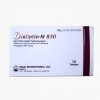
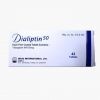

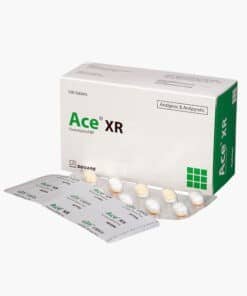
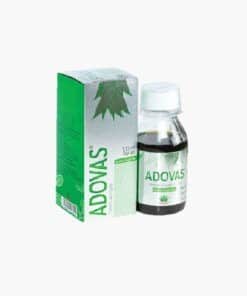
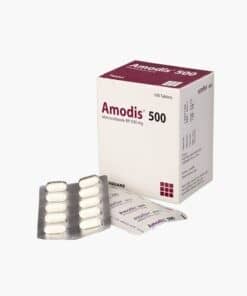
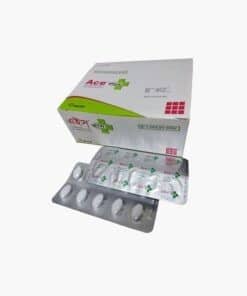
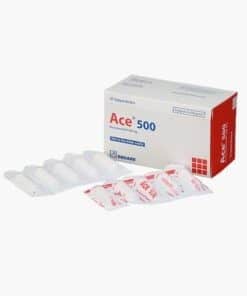

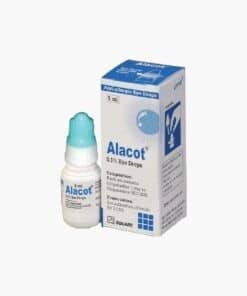
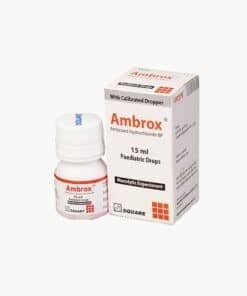
Reviews
There are no reviews yet.